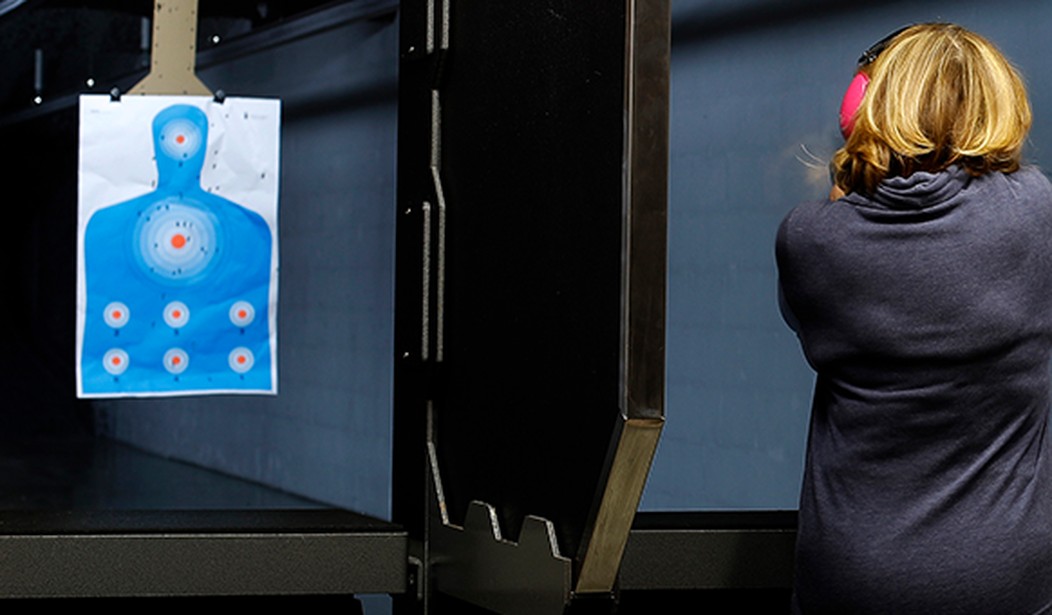An Ohio school district has been given the green light by the state Supreme Court to resume its policy of arming trained and vetted school employees while a lawsuit targeting the practice makes its way through the legal system. Madison Schools introduced the policy in 2018, and shortly thereafter several parents, aided by Everytown for Gun Safety’s in-house law firm, filed suit to block the practice.
The first judge to hear the case rejected the argument by Everytown attorneys that teachers in the district should receive the same 728 hours of training required for law enforcement before they could carry, but an Ohio appeals court found in the parents’ favor earlier this year. The school district appealed to the state Supreme Court, but also asked the high court to stay the appellate court’s decision while the case is under review.
“Madison has made the policy decision that its students and staff are safer with its policy in place. A stay while this Court decides the merits of this appeal not only honors that policy choice until and unless this Court decides that policy choice is not permitted – it also ensures that the district is not made less safe in the meantime by what might turn out to be an erroneous lower court decision,” the motion reads. “Put another way, a stay will help ensure there is no irreparable injury while this appeal is pending.”
While the granting of the stay doesn’t automatically mean that the state Supreme Court will ultimately rule in Madison’s favor, the school district has a very strong case. As Bearing Arms reported earlier this year, state lawmakers and Ohio’s Attorney General both believe the district’s current policy should remain.
The brief by attorneys for Madison Schools argues that the 12th Appellate Court panel erroneously read Ohio law as requiring armed staff to undergo law enforcement training, and Sean Maloney, an Ohio attorney who’s part of the FASTER Ohio organization that has trained thousands of educators in the state, told Bearing Arms back in April that the state legislature has actually approved funding in recent years for the FASTER program. If lawmakers are approving money to provide training for armed teachers, clearly the legislature must believe that these school districts have the ability to set their own training requirements.
The state’s Attorney General agrees, and says if teachers are required to undergo hundreds of hours of law enforcement training, it will simply result in a ban on armed school staff.
Staffers for Attorney General Dave Yost noted that the district would have to pay $7,265 to send a staffer through peace officer training, with the training lasting eight hours a day, five days a week, for eighteen weeks. In a brief filed with the state Supreme Court, Yost argued that “the reality is that few if any teachers or school administrators can train to become police officers while maintaining their day jobs. Thus, as a practical matter, the Twelfth District’s erroneous decision strips schools of an effective means they have to defend schoolchildren from a school shooting.”
The reality is also that armed school staff aren’t law enforcement. They don’t have the power to arrest, they don’t investigate crime scenes, they don’t engage in high speed pursuits, or anything like that. There’s simply no need for these teachers to undergo hundreds of hours of training on issues that will never come up in the course of their duties as educators and school guardians. Imposing that requirement on armed school staff is simply a way to get rid of these policies entirely.
There’s no word on when the state Supreme Court might issue a final ruling in the case, which could have an impact on dozens of school districts around the state that have adopted policies putting trained and armed school staff in classrooms. Legislators in the Republican-controlled legislature in Ohio have also been working on a bill that would specifically state that armed school staff do not need the full 728 hours of law enforcement training in order to carry, but the bill has been stuck in a Senate committee while the case is under review.









Join the conversation as a VIP Member